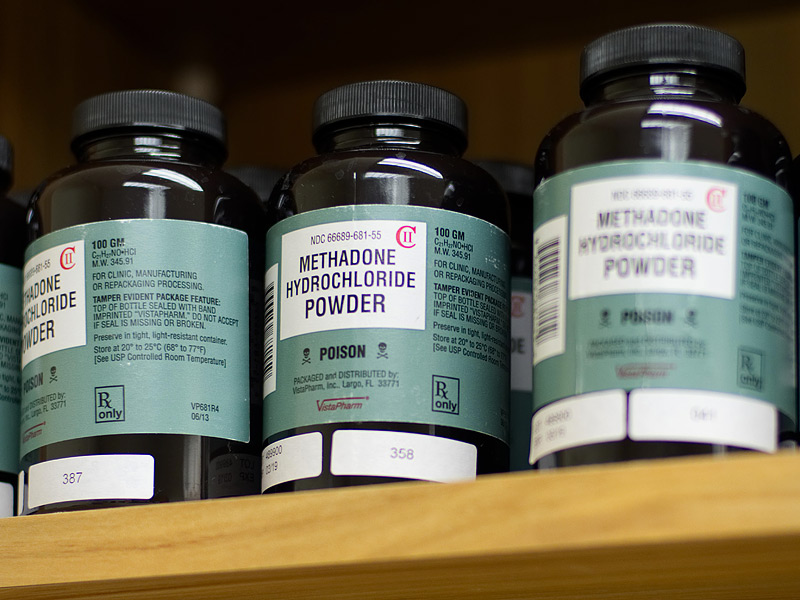‘We’re Gonna Be Addressing Your Pepsi Use’
How Recovery Limits Methadone Maintenance Treatment’s Ability to Help People in the Era of Overdose
DOI:
https://doi.org/10.5617/jea.6737Abstract
Methadone Maintenance Treatment (MMT) in the United States has recently adopted an approach based on the principles of the Recovery movement — a view of treatment informed by addiction-as-disease models but also incorporating social, psychological, and spiritual components. Although organizations that administer drug treatment services claim that the shift represents a more client-centered, individualistic approach, it may not meet the needs of the many individuals who use MMT to reduce the harms of drug use, like overdose, rather than as a way to become abstinent. In this article, I use interview data from treatment providers to argue against institutional claims of Recovery as an individualistic model. My research demonstrates how — despite the wide variety of treatment goals among people on MMT — the Recovery discourse positions and organizes treatment strictly as abstinence-based, self-help. Moreover, I show how the Recovery model serves as the justification for an expansion of clinics’ ability to surveil and intervene in aspects of people’s lives which had previously been seen as outside of MMT’s purview, including nutrition, public service, and spirituality. In conclusion, I argue that Recovery restricts MMT’s ability to reduce harms, like overdose, in the lives of people who use drugs, and recommend that MMT adopt a more open-ended, low-threshold approach to treatment.

Downloads
Published
Issue
Section
License
Authors retain copyright and grant the journal right of first publication with the work simultaneously licensed under a https://creativecommons.org/licenses/by-nc-nd/4.0/
that allows others to share the work with an acknowledgement of the work's authorship and initial publication in this journal, for non-commercial purpose, no derivatives are permitted. (Please not that this license has been used since 1.10.2018 and will be used in the future. Articles published between 1.1.2017-and 30.9.2018 are licensed under CC BY license: https://creativecommons.org/licenses/by/3.0/) Authors are able to enter into separate, additional contractual arrangements for the non-exclusive distribution of the journal's published version of the work (e.g., post it to an institutional repository or publish it in a book), with an acknowledgement of its initial publication in this journal. Authors are permitted and encouraged to post their work online (e.g., in institutional repositories or on their website) prior to and during the submission process, as it can lead to productive exchanges, as well as earlier and greater citation of published work (See The Effect of Open Access).


